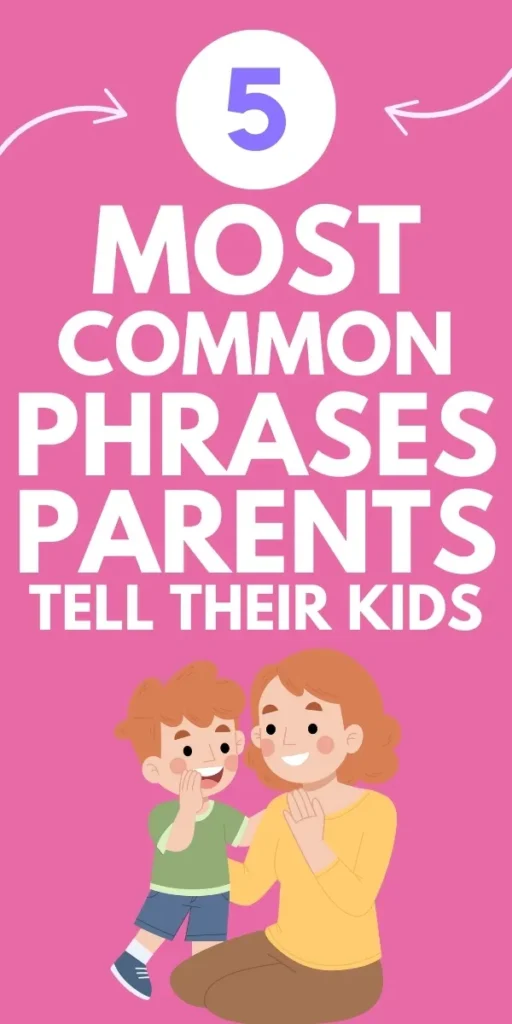Why Honesty Matters More Than You Think
Being a parent is a constant juggling act. You want to keep your kids safe, happy, and well-adjusted.
Sometimes, in the heat of the moment, a little white lie might seem like the easiest way out.
Common Lies Parents Tell Their Kids
But here’s the truth: honesty is the foundation of a strong parent-child relationship.
When you’re truthful with your kids, you build trust, encourage open communication, and foster a sense of security.
Why Parents Shouldn’t Lie to Their Child

- Trust is a two-way street.
If you expect your child to be honest with you, you need to be honest with them.
Lies, even small ones, can erode trust and make it harder for your child to feel comfortable confiding in you later on.
- Honesty teaches valuable lessons.
When you’re honest with your child, you’re teaching them the importance of truthfulness.
They learn that honesty is the best policy, and they’re more likely to be honest themselves.
- Open communication is key.
Honesty fosters an environment where open communication can thrive.
Your child feels comfortable coming to you with questions or problems, knowing they’ll get a straight answer.
Now that we’ve established the importance of honesty, let’s explore some common types lies parents tell their kids and alternative approaches that build trust.
5 Types of Lies Parents Tell Their Children and what to do instead
Here’s a breakdown of different types of lies parents might tell their children, along with What to do instead:
1. The Circumstantial Lie:
This is often a white lie told to avoid an immediate meltdown or difficult conversation.
Example: “The park is closed today” (because you forgot your swimsuit).
What to do instead: Explain the real reason and offer an alternative solution, like visiting the library or playing a game indoors.
2. The Ability and Talent Lie:
This aims to boost a child’s confidence but can create unrealistic expectations.
Example: “Wow, that’s the most beautiful drawing I’ve ever seen!” (when it’s not quite there).
What to do instead: Focus on effort and praise specific details. Say something like, “You used so many colors in your drawing! I love the way the sunshine looks.”
3. The “More Convenient” Lie:
This prioritizes the parent’s convenience over the child’s responsibility.
Example: “The dentist appointment is cancelled” (when you just don’t feel like going).
What to do instead: Be honest and involve your child in the solution. Explain why the appointment needs to be rescheduled and let them help choose a new date.
4. The Fairytale Lie:

This involves perpetuating childhood myths about imaginary figures.
Example: “Santa Claus is coming!” (or other fictional beings).
What to do instead: Focus on the spirit of the holiday or tradition. You can explain the history of Santa Claus as a fun story without insisting it’s real. For younger children, create traditions and activities you can enjoy together as a family.
5. The Protection Lie:
This shields a child from negative emotions or experiences, but can prevent them from developing coping mechanisms.
Example: “Don’t worry, they’re just playing” (when another child is bullying).
What to do instead: Take their concerns seriously. Talk to them about what happened and offer guidance on how to handle the situation. If necessary, intervene directly with the other child or their parents, or involve a teacher or school counsellor.

